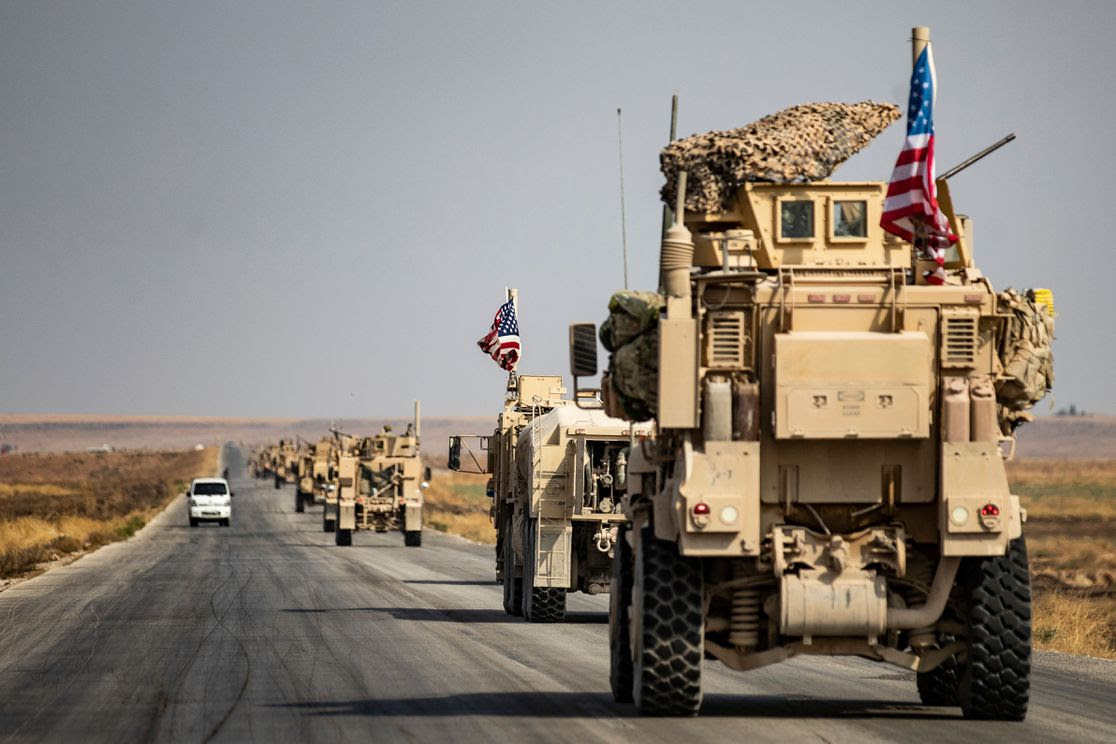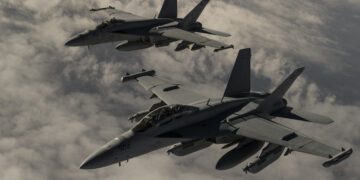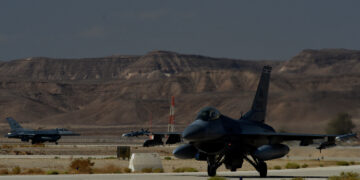March 10, 2024
What is the point of the U.S. military presence in Syria?

Members of the U.S. military are sitting ducks in the Middle East, and in December 2023, eighty-four members of the Senate voted to keep them there because fewer U.S. troops in the Middle East could be a “gift” to Iran. In early December, Senator Rand Paul (R-KY) brought forth a bill to remove 900 U.S. troops from Syria amid the barrage of drone attacks in Iraq, Syria, and Jordan by Iranian-backed militias. Roughly a month after that vote, a drone attack on Tower 22 in Jordan killed three U.S. service members and injured dozens more. After the deadly January 28 attack, the Biden administration found itself trying to balance an impossible scale. How could it satisfy political pressure without inadvertently escalating tensions into a regional conflict?
On the surface, removing U.S. troops due to rising instability seems counterintuitive, but the question of reducing the number of troops is emblematic of a larger problem. The soldiers were initially deployed to a location without congressional authorization and remained there long after their original military mission was accomplished. The U.S. presence in Syria is part of a U.S.-led coalition, Operation Inherent Resolve (OIR), which began in 2014 to defeat the Islamic State in Iraq and Syria. Congress did not specifically approve OIR since the Obama administration relied on the 2001 and 2002 Authorization for the Use of Military Force as a legal justification. By bypassing Congress, the Obama administration circumvented Congressional oversight mechanisms and a framework that may have established clearer guidelines for concluding OIR.
More on Middle East

By Daniel DePetris and Rajan Menon
July 17, 2025

By Jennifer Kavanagh and Dan Caldwell
July 9, 2025
Events on Israel-Hamas







